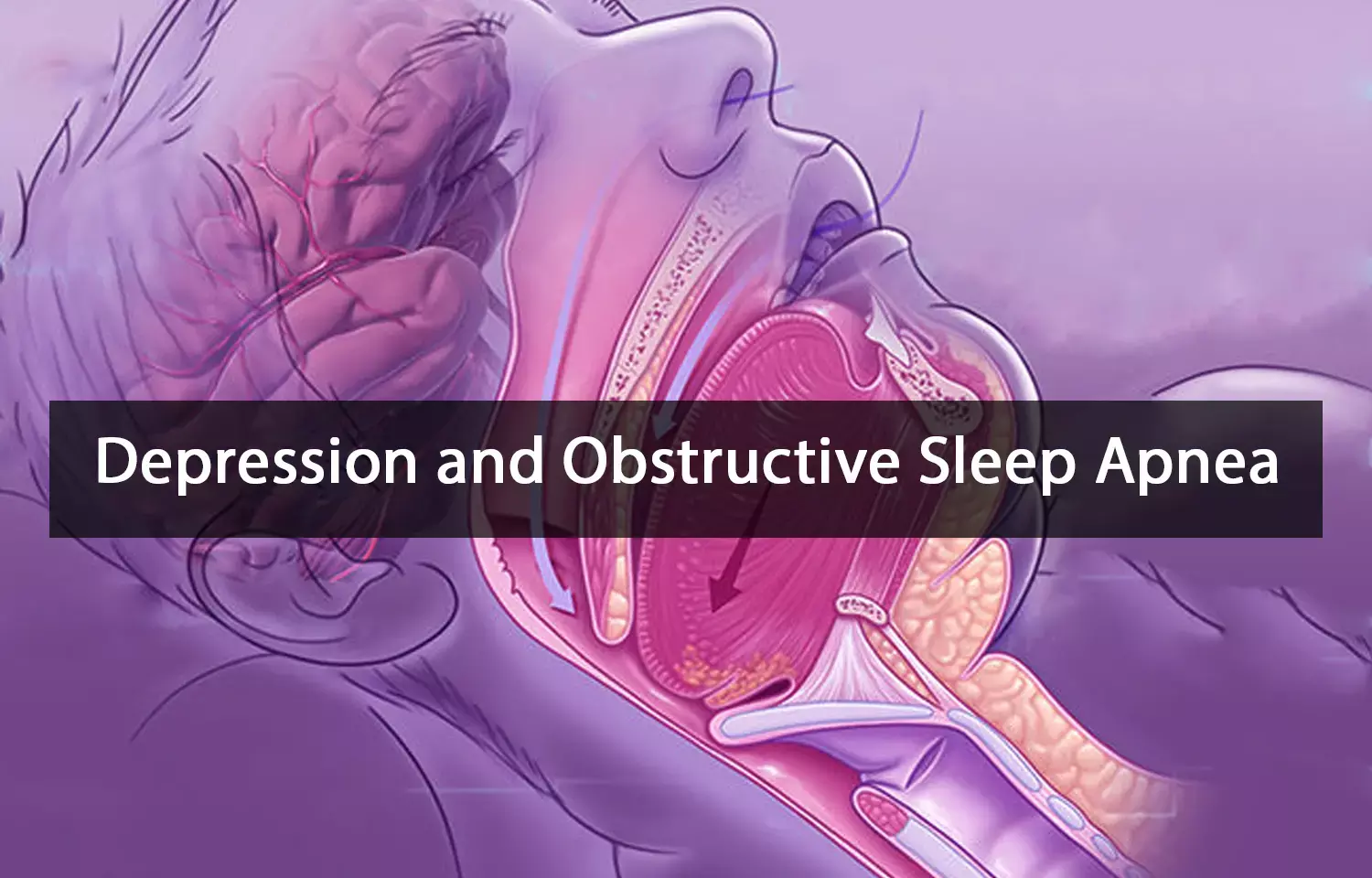- Home
- Medical news & Guidelines
- Anesthesiology
- Cardiology and CTVS
- Critical Care
- Dentistry
- Dermatology
- Diabetes and Endocrinology
- ENT
- Gastroenterology
- Medicine
- Nephrology
- Neurology
- Obstretics-Gynaecology
- Oncology
- Ophthalmology
- Orthopaedics
- Pediatrics-Neonatology
- Psychiatry
- Pulmonology
- Radiology
- Surgery
- Urology
- Laboratory Medicine
- Diet
- Nursing
- Paramedical
- Physiotherapy
- Health news
- Fact Check
- Bone Health Fact Check
- Brain Health Fact Check
- Cancer Related Fact Check
- Child Care Fact Check
- Dental and oral health fact check
- Diabetes and metabolic health fact check
- Diet and Nutrition Fact Check
- Eye and ENT Care Fact Check
- Fitness fact check
- Gut health fact check
- Heart health fact check
- Kidney health fact check
- Medical education fact check
- Men's health fact check
- Respiratory fact check
- Skin and hair care fact check
- Vaccine and Immunization fact check
- Women's health fact check
- AYUSH
- State News
- Andaman and Nicobar Islands
- Andhra Pradesh
- Arunachal Pradesh
- Assam
- Bihar
- Chandigarh
- Chattisgarh
- Dadra and Nagar Haveli
- Daman and Diu
- Delhi
- Goa
- Gujarat
- Haryana
- Himachal Pradesh
- Jammu & Kashmir
- Jharkhand
- Karnataka
- Kerala
- Ladakh
- Lakshadweep
- Madhya Pradesh
- Maharashtra
- Manipur
- Meghalaya
- Mizoram
- Nagaland
- Odisha
- Puducherry
- Punjab
- Rajasthan
- Sikkim
- Tamil Nadu
- Telangana
- Tripura
- Uttar Pradesh
- Uttrakhand
- West Bengal
- Medical Education
- Industry
Depression and Obstructive Sleep Apnea-Clinical Implications

There is a considerable overlap between symptoms of obstructive sleep apnea (OSA) and depression, resulting in under-diagnosis of OSA which is a common sleep disorder.
OSA is characterized by repetitive pharyngeal collapse in sleep, manifested chiefly by snoring and daytime sleepiness. This cyclical collapse results in cyclical hypoxia and cyclical stimulation of the sympathetic nervous system. This is responsible for adverse effects on various body systems. These consequences can be life threatening. Nocturnal symptoms mainly include loud and habitual snoring, choking, restless sleep, dry throat and nocturia. In elderly, nocturia and cognitive impairment are prominent symptoms. During daytime OSA patients mainly experience fatigue, sleepiness and inability to concentrate. In fact, OSA patient may present with daytime symptoms only, as nocturnal symptoms are observed by the partner sharing the bedroom; who may consider snoring as a normal phenomenon. There is poor awareness of OSA in society at large.
Dr. S. Ramnathan Iyer MD(Medicine) FRCP(Glasgow), FICP, FGSI, FISDA, FISH, is currently working as a Consultant Physician- sleep medicine, diabetes, geriatric medicine.He is associated as visiting consultant of sleep medicine in Godrej Memorial Hospital, Vikhroli East, Mumbai as well as mbika Clinics- Dombivli (East) Dist. Thane and kharghar navi mumbai.
Dr Kamal Kant Kohli-MBBS, DTCD- a chest specialist with more than 30 years of practice and a flair for writing clinical articles, Dr Kamal Kant Kohli joined Medical Dialogues as a Chief Editor of Medical News. Besides writing articles, as an editor, he proofreads and verifies all the medical content published on Medical Dialogues including those coming from journals, studies,medical conferences,guidelines etc. Email: drkohli@medicaldialogues.in. Contact no. 011-43720751


